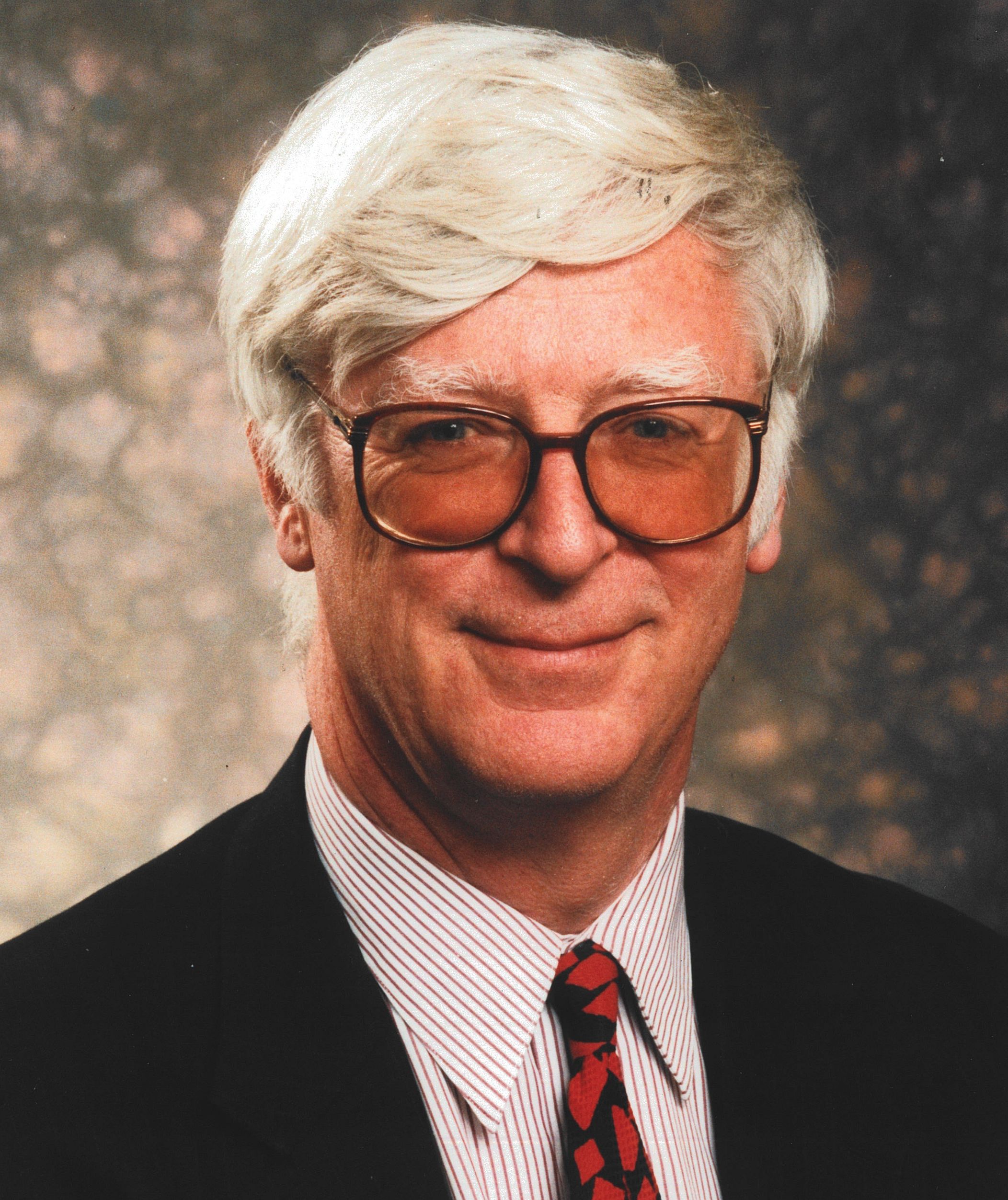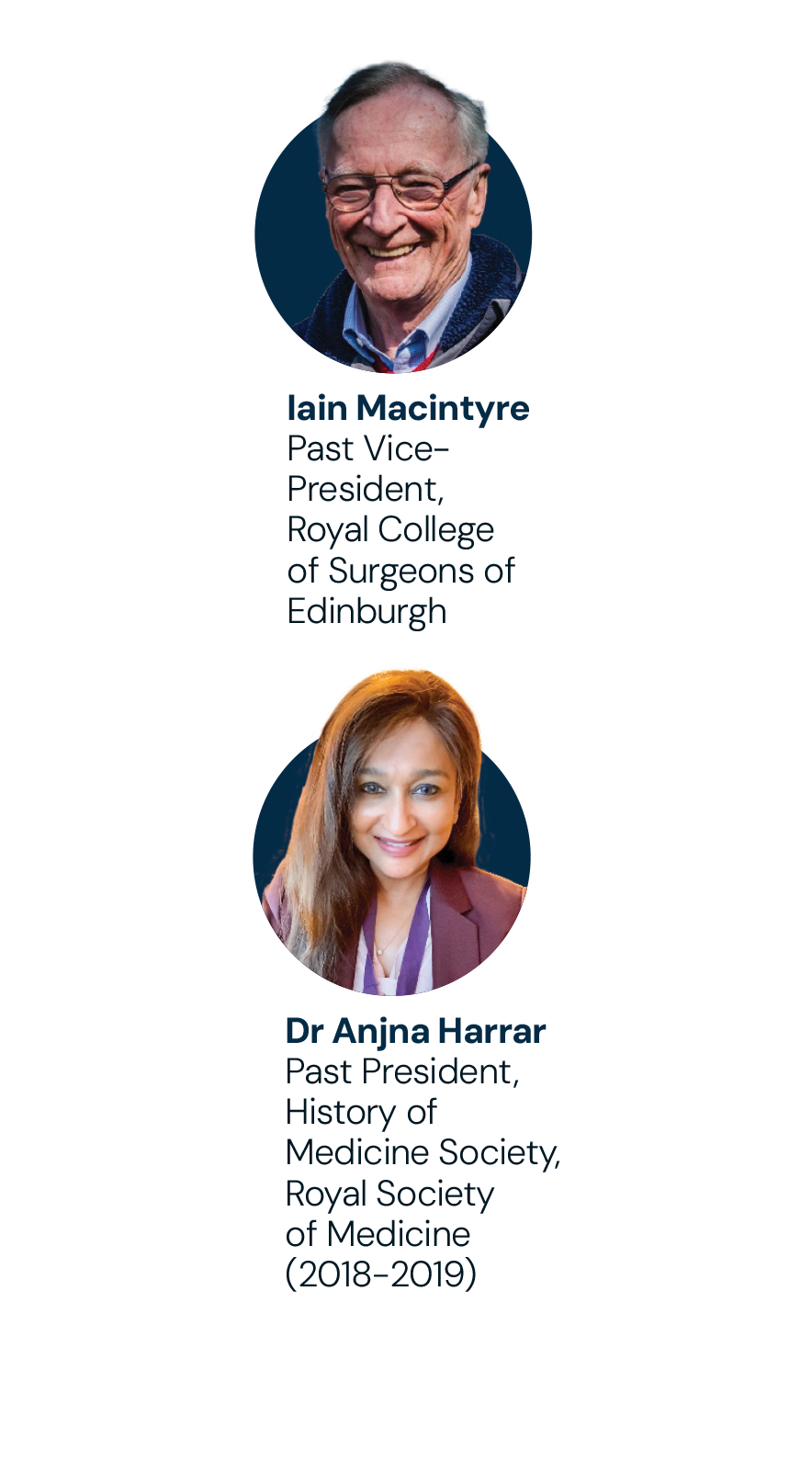Professor Sean Hughes: a man of great humanity and compassion
Anjna Harrar and Iain Macintyre look back at the life, work and many contributions of a popular and well-respected former Vice-President

Sean Hughes, an academic orthopaedic surgeon and former Vice-President of the College, combined investigation into various aspects of clinical orthopaedics with research into the basic science that underpinned orthopaedic practice. In retirement he enjoyed a second career as a medical historian.
After schooling at Downside, he qualified in medicine from the University of London in 1966 and, with characteristic modesty, claimed that a highlight of his undergraduate career was appearing as an extra in a Norman Wisdom film! He trained in orthopaedic and trauma surgery at the Middlesex Hospital and the Royal National Orthopaedic Hospital, while a research fellowship at the Mayo Clinic led to an MS from the University of London for research on bone blood flow. He was appointed Professor of Orthopaedic Surgery at the University of Edinburgh in 1979 and brought energy, enthusiasm and academic rigour to the department. Research interests were established in blood flow and mineral exchange in bone, in musculoskeletal tissue infection, in fracture healing and in the pathogenesis of intervertebral disc disease. His academic department attracted researchers and postgraduate students from around the world. In 1991 he translated to the Chair of Orthopaedic Surgery at Imperial College London, where he continued developing and expanding these research interests.
A man of great humanity and compassion, he chaired the charity DISCS, which supported people living with spinal conditions, and also served as chair of Action Medical Research, a charity that funds research into serious childhood illness.
In later life he was able to develop his lifelong interest in history, particularly the history of medicine and, in retirement, he graduated with an MA degree in history from King’s College London. His interest in the life, poetry and medical works of the doctor/poet John Keats led to a series of papers and lectures on the topic. As in his clinical career, his historical research and writing covered a broad range of topics, including the work of Charles Bell, who demonstrated that anatomical knowledge allowed artists to observe nature more closely, discern muscular structure and convey human expression with greater precision.
Having earlier served as editor of the Journal of Bone and Joint Surgery, in his last year he became editor-in-chief of the Journal of Medical Biography, where he showed his discerning eye for good biography and his willingness to go above and beyond to support submissions, particularly from international contributors whose first language was not English.
In 2021, he was appointed President of the History of Medicine Society at the Royal Society of Medicine. That year also saw the untimely death of his daughter, Sarah, an award-winning journalist. In her memory, he established an annual lecture and journalism prize recognising work that challenges disinformation. The lectures have included topics as varied as ivermectin, COVID-19 and NHS waiting times in Scotland. The range of previous speakers attest to the esteem in which he and his daughter were held and have included Jed Mercurio, Marina Warner, Nicholas Roe and Baroness Hale.
During his time in Edinburgh, he was an active contributor to College affairs and in 1992 became the College’s Rahima Dawood Travelling Fellow, using the fellowship to teach and lecture on spinal surgery in East Africa in conjunction with COSECSA, the largest surgical training institution in Sub-Saharan Africa.
On a personal level Sean Hughes will be remembered for his ever-present smile, his genial manner and the warmth of his personality.
Read more



